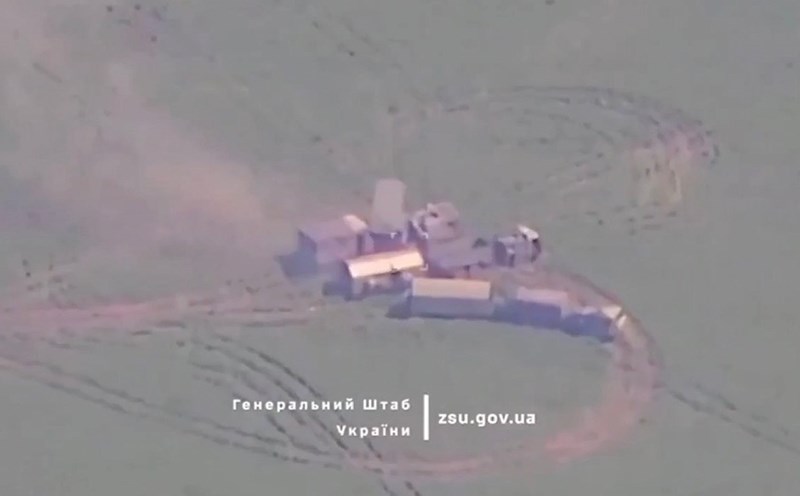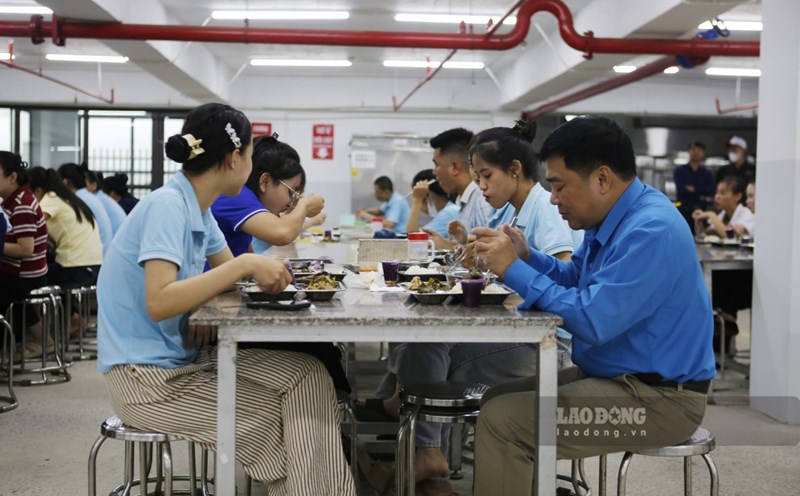The new law allows the Attorney General to transfer corruption cases to other investigating units, and may suspend investigations in some cases.
Critics fear that the change will undermine the independence of the National Anti-Corruption Agency (NABU) and the Special Anti-Corruption Prosecutor's Office (SAPO) - two agencies that have played a central role in the anti-corruption efforts over the past decade in Ukraine.
After the law was passed, many protests broke out in the capital Kiev and major cities such as Lviv, Dnipro and Odessa. This is considered the strongest wave of reaction since Russia expanded its military campaign in Ukraine in 2022.
Many people expressed disappointment, saying that the law goes against the commitment to reform and the path of European integration that Ukraine is pursuing.
In response to criticism, Ukrainian leaders affirmed that the changes were necessary to improve the effectiveness of the anti-corruption system, while emphasizing the goal of eliminating external influence, especially from Russia.
However, observers say that this argument is not convincing enough, especially in the context of the adjustments weakening the independent monitoring mechanism - the foundation of the current system.
Western allies, including the European Union (EU) and the G7, have also expressed deep concern about the development.
Ukraine's independent anti-corruption system was established under the supervision of international partners and is a key condition for Kiev to receive financial support as well as get closer to the EU door.
Some G7 member countries have even proposed a direct dialogue with Ukrainian leaders to clarify policy adjustments.
However, in the short term, the possibility of Western countries changing their support policies is considered unlikely, as Ukraine is still facing great pressure on the battlefield and is in dire need of both financial and military support from the outside.











